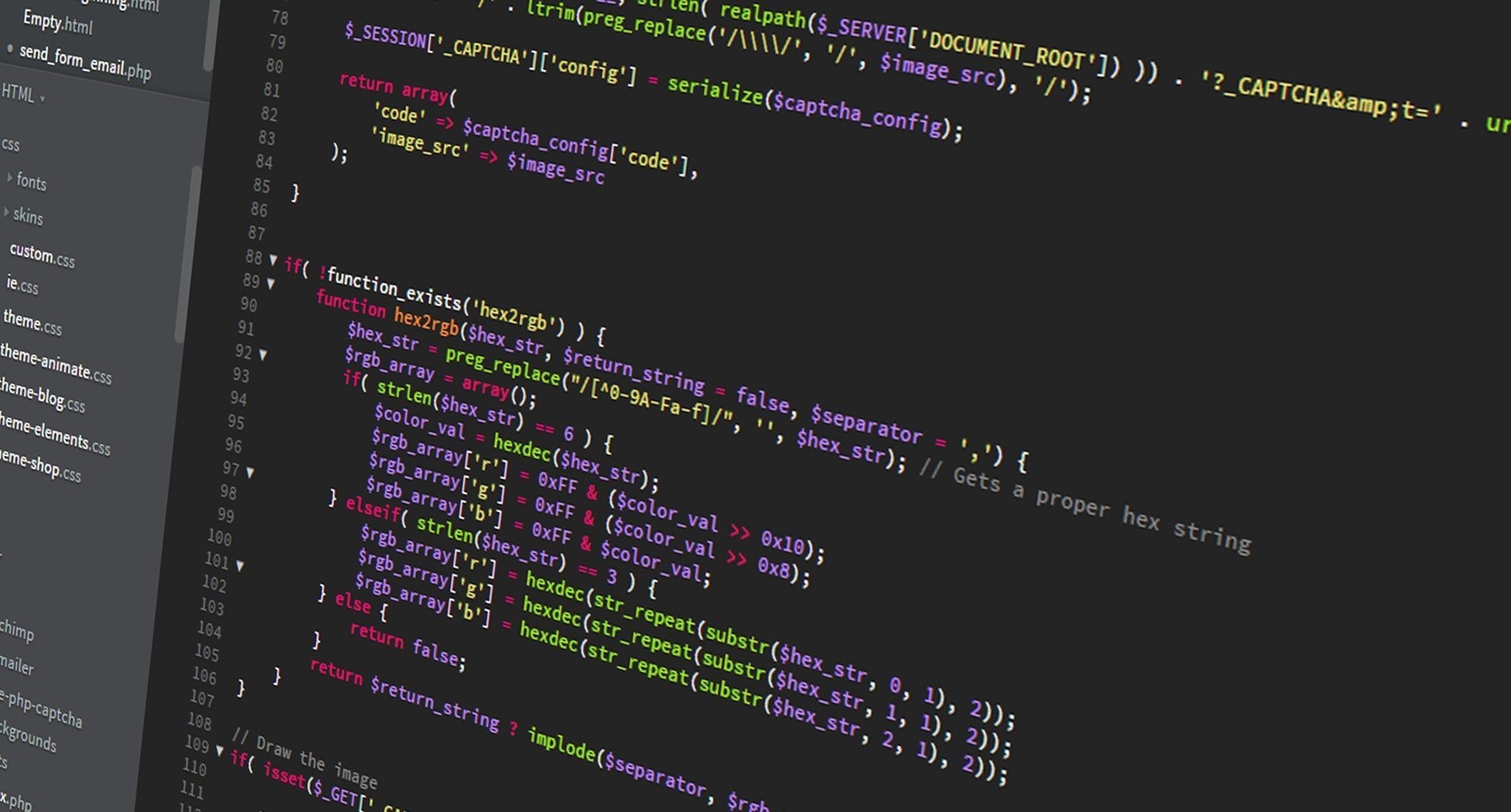In Canadian criminal investigations, protecting your privacy rights is of paramount importance. As technology advances and surveillance methods evolve, individuals must be vigilant in safeguarding their privacy throughout the legal process. Understanding your rights and knowing how to assert them is essential for maintaining privacy and ensuring fair treatment under the law.
With the proliferation of digital communication and data storage, the potential for privacy infringements has grown exponentially. From warrantless searches to intrusive surveillance measures, Canadians must navigate a complex legal landscape to safeguard their privacy. By staying informed and actively asserting their rights, individuals can play a crucial role in upholding the principles of privacy and justice in the face of modern investigative practices.
This article aims to provide valuable insights into protecting your privacy rights during Canadian criminal investigations.

1. The Right to Privacy in Canadian Law:
- The Canadian Charter of Rights and Freedoms guarantees individuals the right to be secure against unreasonable search and seizure.
- This right extends to all Canadians and applies during interactions with law enforcement, including investigations and arrests.
2. Privacy Considerations During Investigations:
- Law enforcement agencies may use various tools and techniques during criminal investigations, including surveillance, wiretapping, and searches.
- It’s essential to understand when and how these methods can be used, as well as your rights regarding consent and notification.
- Individuals have the right to refuse consent to searches and to be informed of the reasons for any searches conducted.
3. Legal Protections for Privacy Rights:
- Canadian law imposes strict requirements on law enforcement agencies when conducting searches or surveillance.
- Search warrants are typically required for searches of private property, and wiretap authorizations are necessary for electronic surveillance.
- These legal safeguards are designed to protect individuals’ privacy rights and ensure that investigative techniques are used responsibly and lawfully.
4. Asserting Your Privacy Rights:
- If you believe your privacy rights have been violated during a criminal investigation, it’s crucial to seek legal advice promptly.
- A criminal attorney in Scarborough can guide your rights and options, as well as represent you in legal proceedings.
- Asserting your privacy rights may involve challenging the legality of searches or surveillance conducted by law enforcement.
Conclusion:
Protecting your privacy rights in Canadian criminal investigations is essential for ensuring fair treatment and upholding the principles of justice. By understanding your rights, knowing how to assert them, and seeking legal guidance when needed, you can safeguard your privacy throughout the legal process. Staying informed about changes in legislation and emerging technologies can empower individuals to proactively protect their privacy rights in an ever-evolving legal landscape.If you believe your privacy rights have been infringed upon during a criminal investigation, don’t hesitate to seek assistance from a reputable criminal attorney in Scarborough. Our experienced legal team can provide expert advice and representation to help protect your privacy rights and ensure that you receive fair treatment under the law. Contact us today to schedule a consultation and take proactive steps to defend your rights and privacy.




